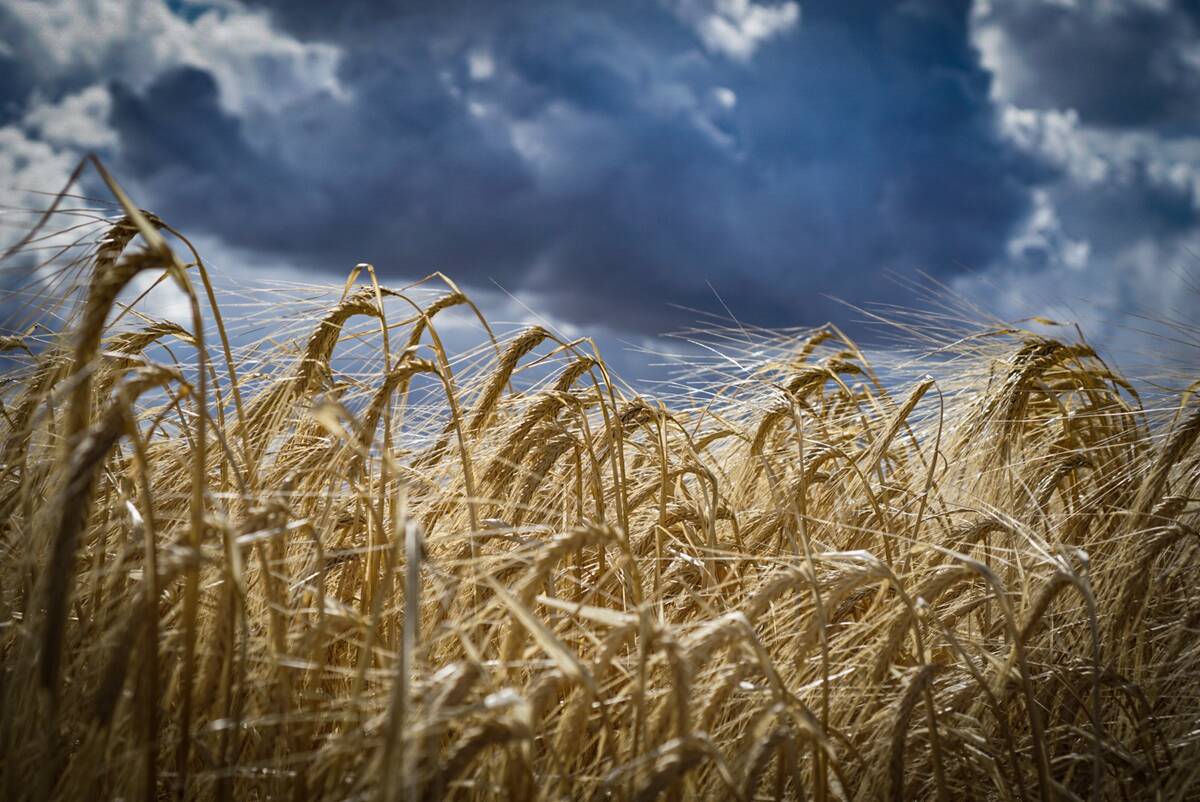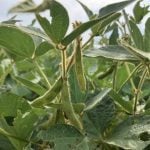Fruit growers should focus on their markets when making planting
decisions, said Bob Bors, assistant professor in plant sciences at the
University of Saskatchewan.
“You ought to think backwards,” he told a Saskatchewan Fruit Growers
conference in Saskatoon Nov. 2.
Growers should first determine if their market lies in U-pick, native
varieties, organic or health food areas as each has different
requirements.
He said grocery stores are looking for a bright and beautiful
appearance and a variety of different coloured apples to display.
Read Also

Malting barley exporters target Mexican market
Canada’s barley sector is setting its sights on the Mexican market to help mop up some of the lost demand from China
“A loud, noisy apple is the best.”
Red remains the No. 1 choice for apples, he said. Red and black colours
in fruit hide bruises while yellow and green make imperfections easier
to see. Dark red is perceived to be overripe and a natural waxy coating
on berries is often mistaken as dust.
U-pick operations require good flavour, size, colour, low weeds and
easy access in the picking fields in addition to varieties maturing at
different times.
“Large size really sells,” he said, noting larger fruit also picks
faster, has larger air spaces in packing boxes and keeps longer.
Wholesale markets require firm products in different colours for
display that will transport well and have a long shelf life. Growers
must have quick cooling capabilities and lots of varieties to extend
the selling season.
Retailers are looking for size, colour and shelf life, while processors
want consistency in product from one week to the next. Processors also
require tartness, high yields and varieties that can be mechanically
harvested.
He said Saskatchewan growers must produce enough to be economically
viable, but he cautioned against getting too big too fast.
Bors said Saskatchewan growers should also pay attention to reports
indicating California could take as many as 25,000 fruit acres out of
production next year due to water concerns.
“It could boom our industry,” he said.














